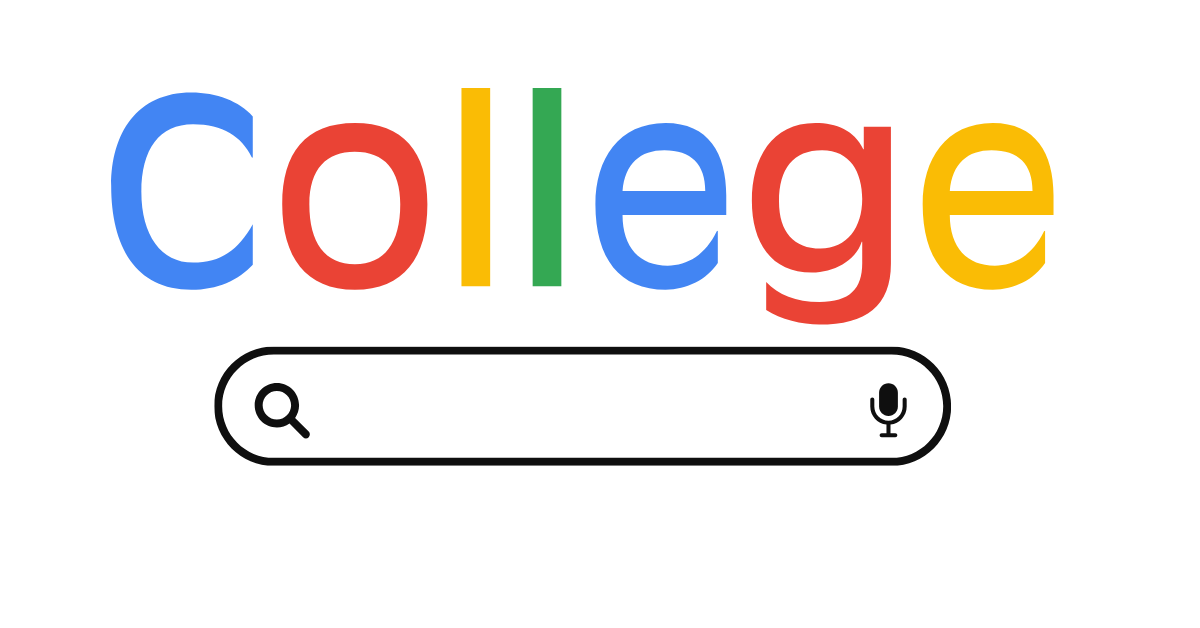Semester one is almost nearing an end and many juniors have already been asked by the counselors here at Elkhorn South about their plans for the future. One of the most important things is college. While many juniors already have their plans made out for the future, others are still struggling to figure out what they want to do and where they want to go. Starting your college search can be an exciting but overwhelming process. Here are a few tips on how to begin your search.
There are many different types of schools, four-year universities, community colleges, vocational and technical training schools, and military colleges. Deciding what you feel your path is and what kind of school you want is the first step in your search. If you are still looking for your path and are not sure what you are interested in or what you want to do, try taking a skill assessment on a website such as Nebraska.Kuder.com, MyNextMove.org, or BigFuture.Collegeboard.org/explore-careers. These websites will help you find what you are good at making it easier to find your major. The next step after deciding what to major in is what type of college you want to go to.
Once you decide what type of college you want, you can begin to look at what you want to look for in your type of school. There are a lot of variables in college such as cost; which includes tuition and room and board; location; where you want to be in the country and how far away from home. academic programs, looking at colleges specializing in your interests, extracurricular activities, and whether you play a sport. Size; do you want to go to a big, medium, or small school; campus environment; are you into scenic rural or urban campuses, are famous football or basketball teams important?
Counselors are a great resource to help you navigate college options. Jess Hoskins, a counselor here at Elkhorn South, explains that Naviance is a great program Elkhorn South uses to assist students in finding the right college for them. Naviance has criteria such as location and interests that narrow down your options. Ms. Hoskin advises students, “Take a look at Naviance, ask your counselor questions and there also is a college fair that Elkhorn South hosts on April 9th,” Hoskins said. Hoskins also recommends that if you do use Naviance, you should use the Advanced College search.
After researching colleges, go on campus visits. take entrance exams, and apply for admission. Start visiting colleges in the spring of your junior year and revisit some of the ones you liked in the fall of your senior year. To visit a college, contact the admissions office at least two weeks in advance to schedule a campus visit. Also, ask to meet with faculty in your areas of interest. While on a college visit, ask questions such as “What are the admission requirements? What housing options are available? What percentage of students graduate?” It’s important to know as much about the college you are visiting as possible.
Finally, take the college admission exams such as the ACT or SAT. If you get a bad score, you can always retake it and most colleges will look at your best score. Once you feel confident about your academics, apply for admission to the college you want to attend. The college will review factors such as GPA, completed classwork, and ACT/SAT scores. You can apply to several colleges at once, so you don’t always have to narrow your choices down to one. There are multiple ways to apply to colleges. One is through scholarships by taking AP classes. Depending on how many AP classes you take, you can apply for the gold, silver, or bronze scholarships. For more information, go to elkhornfoundation.org to learn about scholarship requirements. You can also get in through early action and early admission. Early decision is when colleges get back to you earlier than other applicants, the one catch being if you are accepted, you are committed to going there. Early action is the same thing but nonbinding. It’s important to have multiple colleges picked out just in case you don’t get into one. Normally the time it takes for a college to get back to you is 1-2 months. The last step is getting accepted into the college that is the perfect fit.









